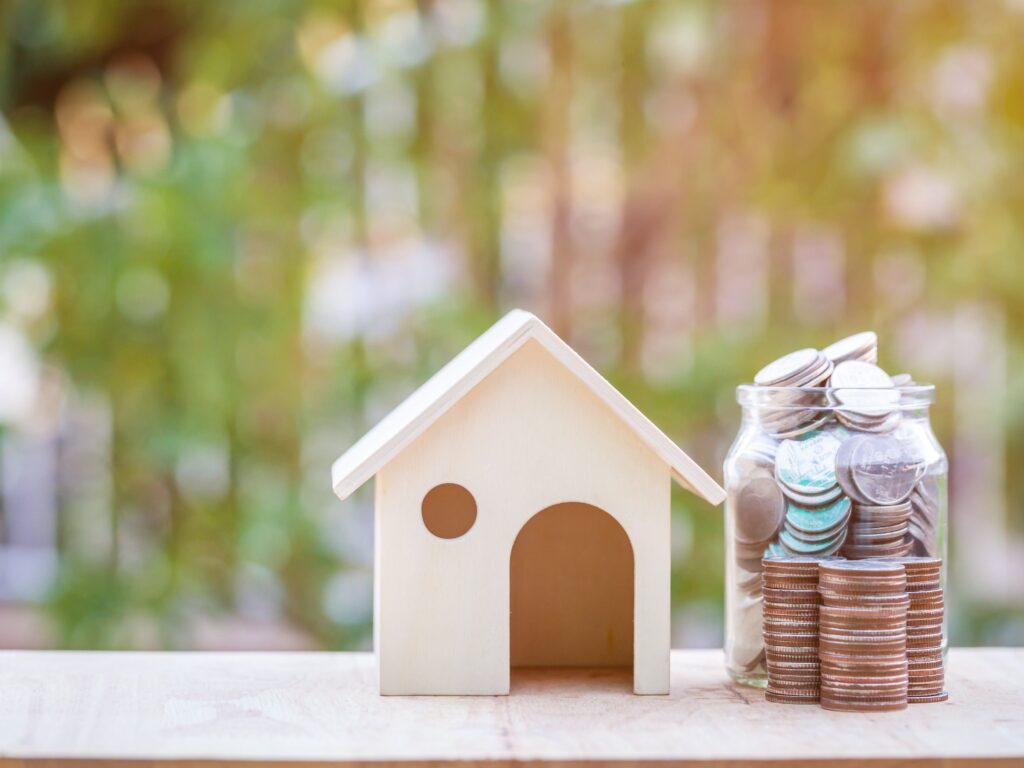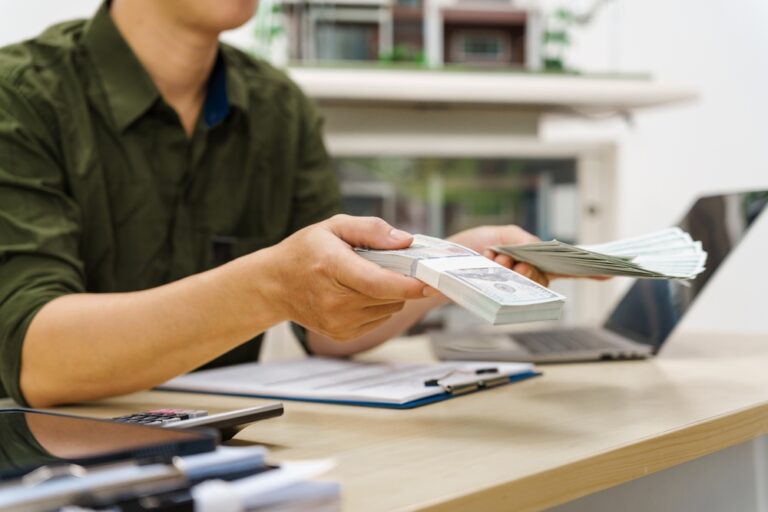A host of payment holiday schemes were brought in during the first coronavirus lockdown in the spring, in a bid to help people whose income was affected by the shutdown of the economy.
That included mortgage holidays and many people took payment deferrals to help them through the lockdown period.
Now, with a second lockdown underway in England, you may be wondering if you can still apply for a mortgage payment holiday.
We’ve got all the answers here…
What is a mortgage holiday?
A mortgage holiday is an agreement between you and your lender to pause your mortgage payments for a set period of time.
Payment holidays are also known as payment deferrals and both terms mean the same thing.
Mortgage payment holidays and lockdown: What are the rules?
An initial three-month mortgage payment holiday option was brought in for property owners during the first coronavirus lockdown in March and this was later extended for another three months until October 31, 2020.
Now, with England in a second lockdown, the mortgage holiday scheme has been extended for another six months.
Whether or not you can apply for a mortgage holiday during this second lockdown will depend on whether or not you applied during the first lockdown, with a maximum six-month deferral in place.
- If you have not yet had a mortgage payment holiday due to coronavirus, you can apply for a deferral of up to six months
- If you did have a payment holiday during the first lockdown and it was for three months, you can apply for a second deferral of three months now
- If you had a payment holiday of six months under the first lockdown, you should contact your lender to discuss your options if you’re still struggling to meet repayments due to the pandemic
Applications for mortgage payment holidays due to Covid-19 will be open until January 31, 2021.
How will taking a mortgage holiday affect my payments?
Even though you won’t make any payments during your mortgage payment holiday, interest will still apply to the months you defer.
So, when you restart your payments, you will almost certainly find the amount you pay has gone up – this is to cover that interest.
Will taking a mortgage holiday affect my credit report?
An official mortgage payment holiday agreed with your lender won’t appear on your credit file.
However, other lenders will still be able to see that your mortgage balance isn’t reducing and can use that information when you apply for other credit.
If you’ve already had a six-month payment break and need further help from your lender, this will appear on your credit file.
Am I eligible for a mortgage holiday?
Mortgage payment holidays due to coronavirus are available to UK property owners who are not in arrears with their mortgage.
Homeowners who are in arrears should contact their lender to discuss their options.
Can I get a buy-to-let mortgage holiday?
If you’re a landlord, you can also apply for a Covid-19 mortgage payment holiday if your tenants’ income has been affected by the pandemic.
However, if you do take a payment break, you will be expected to pass the saving on to your tenants.
How to apply for a mortgage payment holiday
Now that the lockdown is in full swing, most of the main mortgage lenders have mortgage holiday application portals open on their websites.
However, it could be that a mortgage payment holiday isn’t the best option for you and that your lender is able to offer other support, so contact your lender to discuss your options before applying.
Most importantly, do not cancel your mortgage payment direct debit without speaking to your lender about a payment holiday, as this will be classed as a missed payment and will be logged on your credit report.
Further reading
Changes to stamp duty rates in July mean it’s now possible to buy a property and pay no stamp duty on the first £500,000 of the purchase price.
If you’re a first-time buyer looking to purchase your first home, take a look at our guide to the new stamp duty rates.
Your home may be repossessed if you do not keep up repayments on your mortgage or loans secured on it




